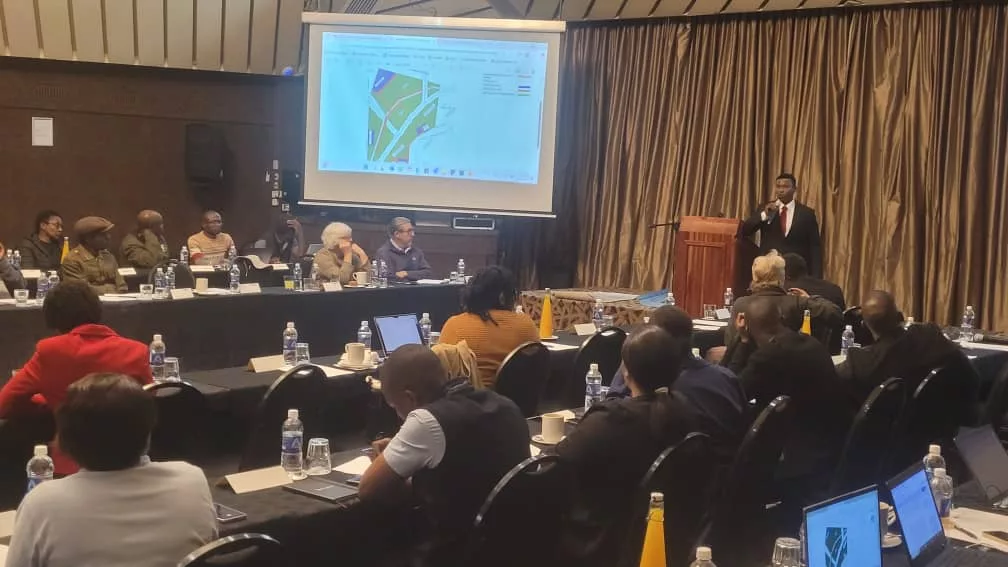|
Getting your Trinity Audio player ready...
|
Writes Engineer Jacob Kudzayi Mutisi
As an ICT professional, I have analysed the case of Mike Chimombe and Moses Mpofu and the reasons why the Ministry of Finance may not have had a robust verification system in place.
Here is a detailed analysis:
Lack of Integrated IT Systems:
The Herald article suggests that the accused were able to forge documents from different government agencies, such as ZIMRA and NSSA. This points to a lack of integration and interoperability between the IT systems of these government institutions. Without a centralized and interconnected database, it becomes challenging to cross-verify the authenticity of documents presented by contractors.
Outdated and Fragmented IT Infrastructure:
The fact that Blackdeck Pvt Ltd was deregistered from NSSA, yet this information was not detected during the procurement process, indicates that the government’s IT infrastructure may be outdated, fragmented, and lacking in real-time data synchronisation. This makes it difficult to access and validate up-to-date information about registered businesses and their compliance status.
Insufficient Automation and Digital Transformation:
The manual processes involved in the verification of documents and the apparent lack of automated checks suggest that the government’s procurement system is not fully digitized and relies heavily on paper-based documentation. This increases the risk of human error, fraud, and delays in the verification process.
Weak Access Controls and Authentication Mechanisms:
The ability of the accused to forge official documents points to potential weaknesses in the access controls and authentication mechanisms within the government’s IT systems. Without robust identity management and strong verification protocols, it becomes easier for fraudsters to impersonate legitimate entities and bypass security measures.
Lack of Data Analytics and Anomaly Detection:
The article indicates that the significant discrepancy between the contracted and delivered quantities of goats was not detected in a timely manner. This suggests a lack of advanced data analytics capabilities and anomaly detection algorithms that could have flagged such irregularities and triggered further investigation.
Insufficient Cybersecurity Measures:
The ease with which the accused were able to forge official documents may also indicate a lack of robust cybersecurity measures, such as digital signatures, encryption, and tamper-proof document management systems. Without these safeguards, the government’s IT systems remain vulnerable to document forgery and other forms of cyber-enabled fraud.
Inadequate IT Governance and Oversight:
The overall weaknesses in the verification processes and IT systems point to a need for stronger ICT governance, policies, and oversight mechanisms within the Ministry of Finance and other government agencies involved in procurement. Effective IT risk management and regular audits are crucial to identify and address these systemic vulnerabilities.
The case of Chimombe and Mpofu highlights the critical importance of modernising the Ministry of Finance’s ICT infrastructure, integrating government systems, automating verification processes, and implementing robust cybersecurity and data analytics capabilities. Addressing these technological gaps can significantly enhance the government’s ability to detect and prevent fraud, uphold transparency, and ensure the effective management of public funds.
For more details contact engineer Jacob Kudzayi Mutisi at +263772278161 or [email protected]






